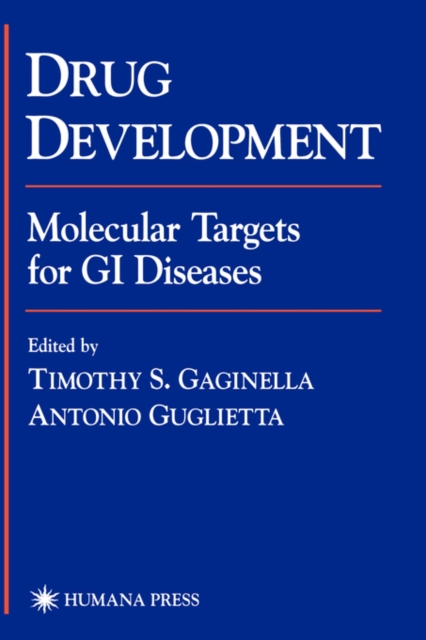CITESTE MAI MULT
Detalii
Descriere RO
The application of molecular techniques to gastroenterology continues to yield important advances in the development of drugs to treat gastrointestinal disorders. Important new drugs have emerged through the collaborative and complementary efforts of basic scientists, clinicians, and clinical researchers in academia and the pharmaceutical industry. The challenge has been exciting, with a few surprises along the way. Consider peptic ulcer disease as an example. The discovery of H receptors and the availability of potent and 2 selective H-receptor antagonists signaled the beginning of a new era 2 in the treatment of gastric hypersecretory states and peptic ulcers. Introduction of proton pump inhibitors offered another therapeutic option. Though H-receptor antagonists and proton pump inhibitors 2 are important and useful drugs, the discovery of the link between H. pylori infection and peptic ulcer disease has led to even more effective pharmacotherapeutic regimens. Our intent in Drug Development: Molecular Targets for GI Diseases is to bring together hands-on experts to review promising areas of gastrointestinal pharmacology. The contemporary topics covered, from a mechanistic viewpoint, are relevant to gastrointestinal inflammation and motility disorders. Authoritative opinions are offered on both future research directions and potential applications for new therapies.
EdituraHumana Press Inc.
Dimensiuni155 x 229 x 23
Data Publicarii01/09/1999
Format
Cartonata
Numar pagini278
Aceasta este o carte in limba engleza. Descrierea cartii (tradusa din engleza cu Google Translate) este in limba romana din motive legale.
Aplicarea tehnicilor moleculare la gastroenterologie continua sa produca progrese importante in dezvoltarea medicamentelor pentru tratarea tulburarilor gastro-intestinale. Noi medicamente importante au aparut prin eforturile de colaborare si complementare ale oamenilor de stiinta de baza, clinicienilor si cercetatorilor clinici din mediul academic si industria farmaceutica.

